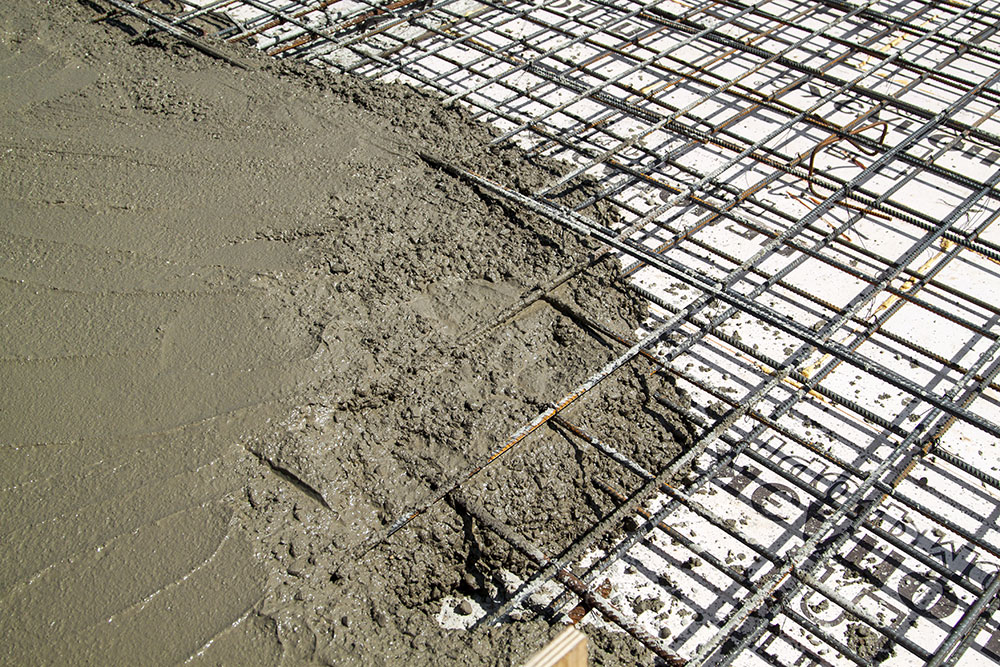Generally, any building project should have durable, cost-effective, readily available construction materials. For the longest time, the only building materials that have been available include stone and wood. Steel also came into existence and became a relatively common construction material, following its advantages over wood.
However, concrete involves one building material that has not received enough credit. While most people associate concrete with bunkers, parking structures and other less homey areas, it is also an ideal construction material for utility buildings and homes. As concrete formulations encounter continuous advancements each day, this material has proven to have a competitive advantage over other building materials. Continue scrolling to discover the benefits of using concrete in construction projects.
1. Fire Resistance
Wind and water are not the only elements that concrete can withstand. Concrete offers fire resistance capability meaning that even if your home suffered fire damage, the concrete would remain unscratched. Even though fire poses a risk to all geographical locations, persons living notably wildfire risk should consider concrete houses. This way, your house can be more secure.
2. Durability
Typically, most concrete constructions are designed to last for at least 30 years. Nevertheless, most exceed this limit and last longer before requiring replacement or repair services. Concrete offers a long-lasting and durable building alternative compared to other building materials like wood.
Additionally, concrete is highly resistant to abrasion or damage from high rain and humidity. Also, it rarely comprises organic components prone to rot or rust and thus can only attack the joints. Therefore, it is important to perform annual joint maintenance ensuring your building remains strong and impermeable to moisture.
3. Cost
Even though the upfront cost of constructing a new concrete building might be higher than other building materials, it is cheaper in the long run. This is because other building materials do not guarantee longevity like concrete does. Therefore, they will require repairs more frequently, thus high maintenance costs.
On the other hand, you can utilize a concrete cost calculator to know the exact amount of material needed. This way, you can buy in bulk and reduce the number of transportation trips.
4. Versatility
Concrete is a highly malleable material when mixed and can take into various shapes, surface textures, appearances and additives. For instance, new concrete types are developed every now and then to include high-performing characteristics. Concrete can even be used in speciality projects and adapted to fit unique projects. Even better, concrete does not require special conditions to harden, even at ambient temperatures.
5. Energy Efficiency
Concrete makes an ideal choice for regulating temperatures in cold or hot environments since it is a good insulator. This building material comprises fewer air spaces, thus restricting air movement. Therefore, this low permeability means it can help maintain temperatures for an extended period without necessarily using power or heat.
These qualities allow many businesses and homeowners significantly reduce their energy bills. Consequently, concrete production is more energy efficient compared to making other construction materials such as aluminium and steel.

